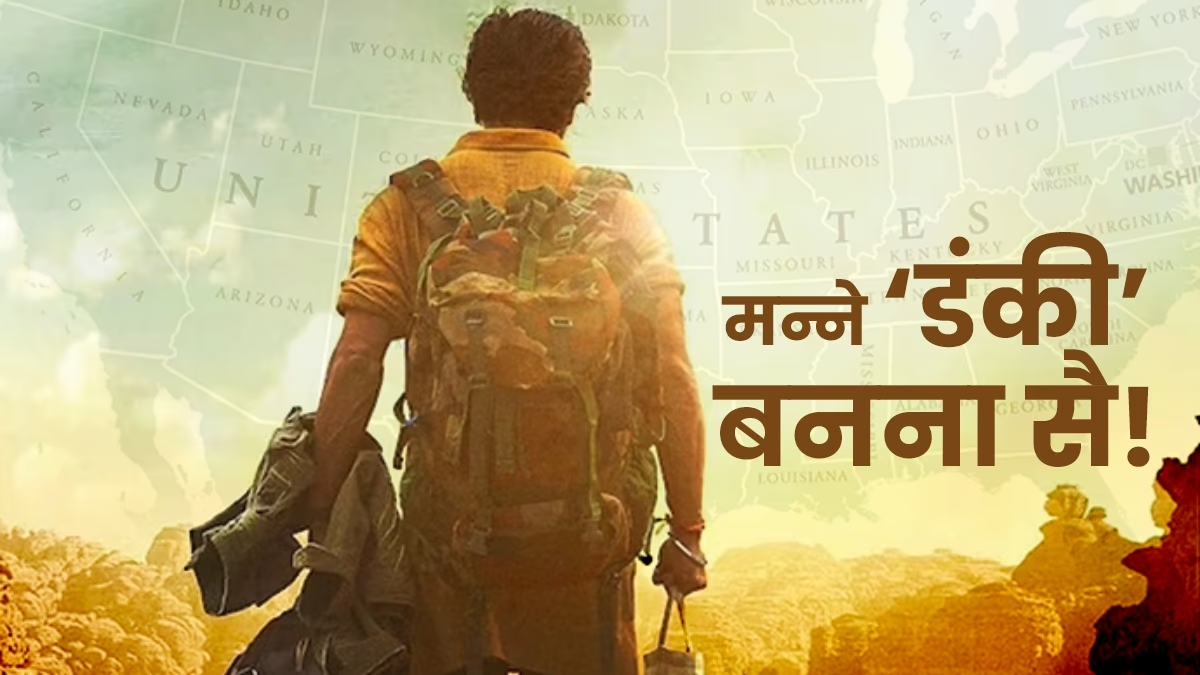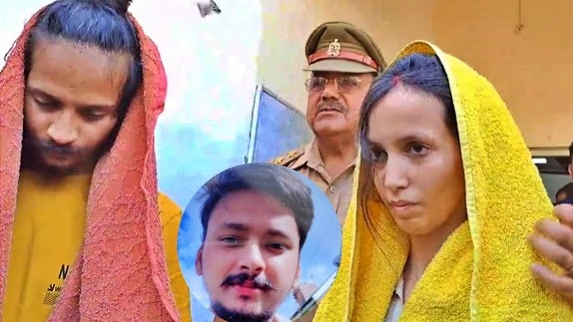The real journey to this dream begins in Ecuador, passing through jungles, rivers, and oceans. Starving for days, we survived on biscuits for a week. Bandits stripped us of clothes and shoes. Still, we trudged barefoot through harsh, cold climates, determined to reach America. Upon arrival, they kept us in a detention camp for 11 months before deporting us.
Jitendra refers to detention as a 'camp' in American terms. Scaling the American border wall remains his fondest memory. When asked about his time there, he dismisses it with a wave, saying, 'From Haryanvis to Nepalese and Spanish speakers, everyone was there and cheerful. Despite it being jail, it was still America.' Jind, known as the heart of Haryana, has nearly emptied. Locals, pronouncing 'America' as 'Amrika,' are familiar with one term—the donkey route, which refers to illegal entries into other countries. They generously spend millions of rupees on this venture.
Fees vary by country: 1.5 million INR for Portugal, 2.5 million INR for Germany, and approximately 4.5 million INR for America.
'Everyone wishes to go abroad—Punjab fell to drugs, and Haryana's addiction is America,' a local states.
Around 65 years old, this elder's son roamed near the border for months, barely surviving, until a video revealed his plight and led to his rescue.
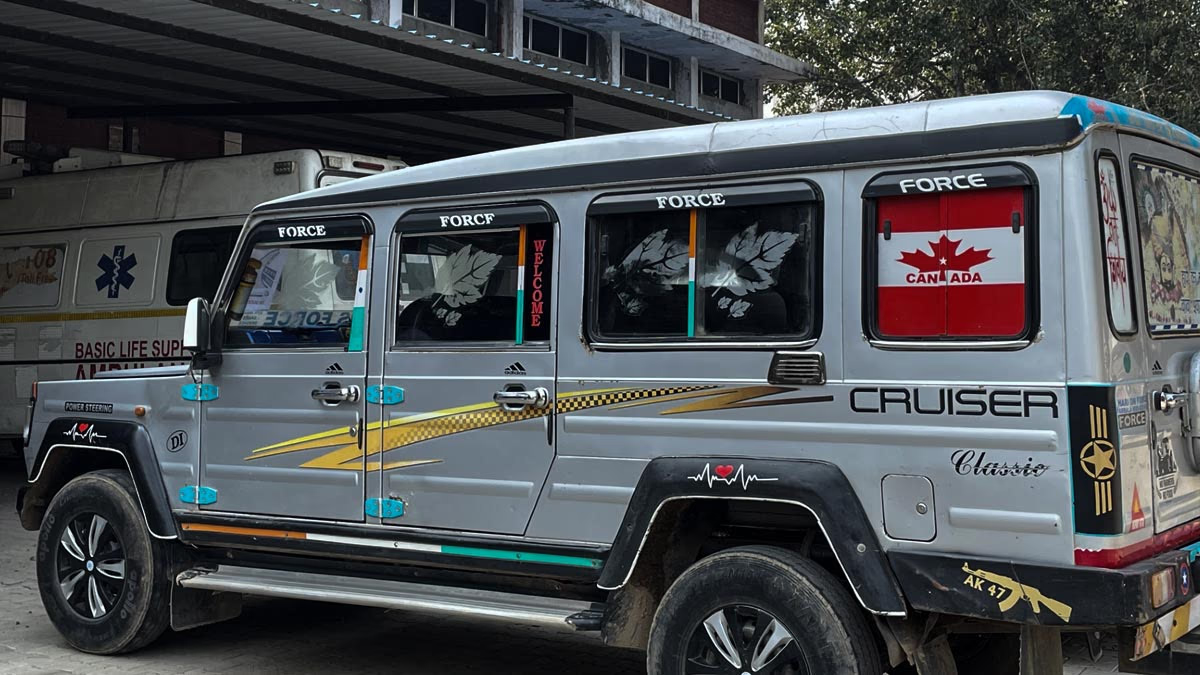
Source: aajtak
Our journey to Dream USA begins in Jind, Haryana.
Vehicles with America or Canada stickers race along the bumpy roads. These are families with members settled in these distant lands, now part of their identity.
Posters promoting English lessons or visa consultancy plaster the street corners. In Haryana, the norm is to rely on the donkey route, avoiding the lengthy process of studying abroad. When asked why, a local explains, 'We're weak in English, but hard workers. America appreciates that, rewarding well and ensuring healthcare. Here, we live among dust and poverty.'
Even Jitendra from Morkhi village relays the same sentiment, having attempted to reach the USA in 2018 via donkey only to be sent back after 11 months in detention.
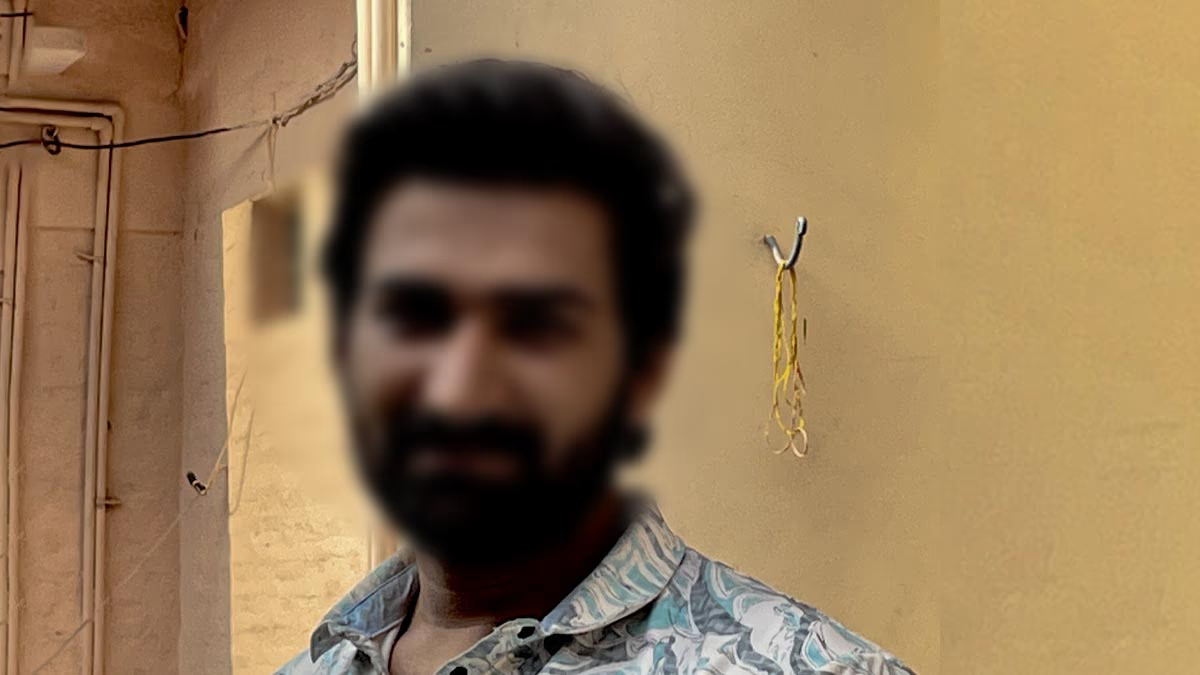
Source: aajtak
The sea crossing happens at night to evade police. If chased, the small boat zigzags furiously. Hearts pound as you drift into the unknown, a foreign ocean cloaked in darkness. Several boys succumbed to fear alone.
When was it the hardest?
A week lost in the jungle makes you realize that the woods are unlike any here. Towering grass hides thick trees, and it's perpetually dark as rain falls unpredictably. There are no lions or bears, yet snakes, scorpions, and venomous spiders abound. A mere brush against them leaves deep wounds. More dangerous than the wild, however, were those with us.
Our group of 32 included Nepalis and Bangladeshis. The donkey system operates on a shared vehicle principle; unless filled, it doesn't move. Similarly, we await a group of 8 to 12 to set off. Asian migrants cluster together, speaking similar languages, which poses risks.
Competition brews, encouraging others to break so they're weeded out early, reducing the chances of capture.
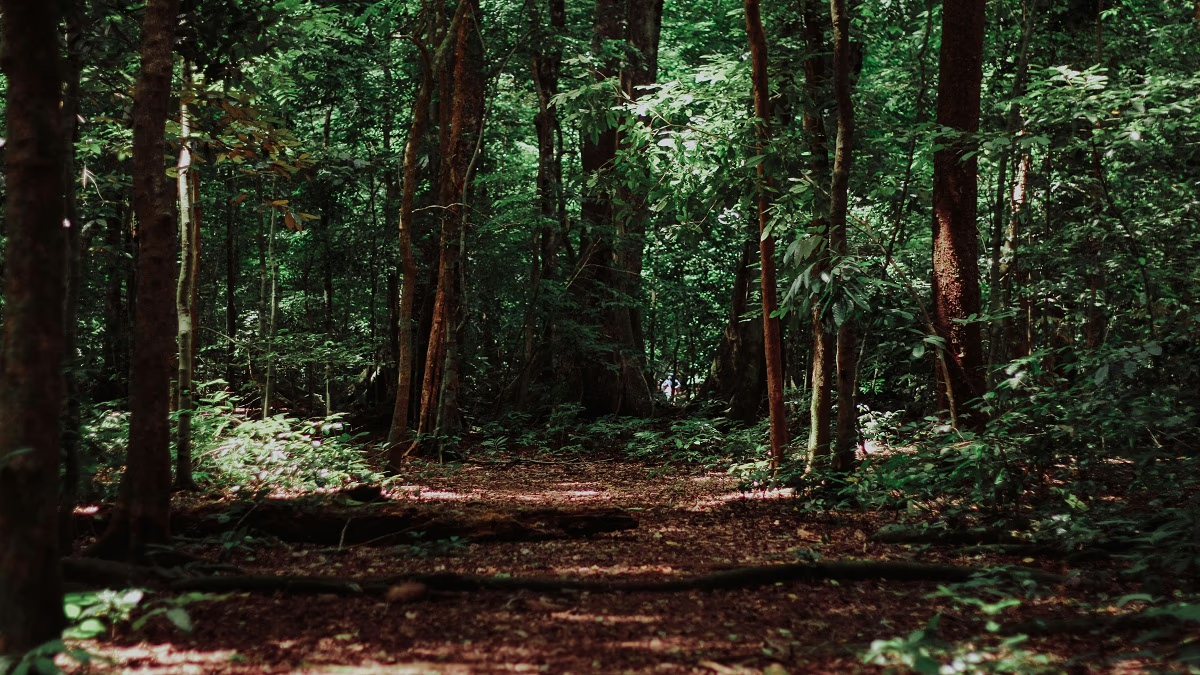
Source: aajtak
After a day's march, bedtime worries you that someone might attempt to poison you.
Do agents settle disputes?
No. They simply ferry you across borders, unbothered if people disappear en route.
Mafia appeared thrice en route. One took phones and cash; another confiscated food. A third group deprived us of clothes and shoes. Walking without jackets or shoes in the freezing cold was non-negotiable until reaching safety.
With so much danger, didn't you feel like turning back?
Not a chance. I was driven. Why retreat when you were so close? Border patrol caught us scaling the wall and imprisoned us for six days without clothes. They gave us aluminum foil-like covers. Cold air blasted through the air conditioning. My teeth chattered, yet I endured, dreaming of my time in America.
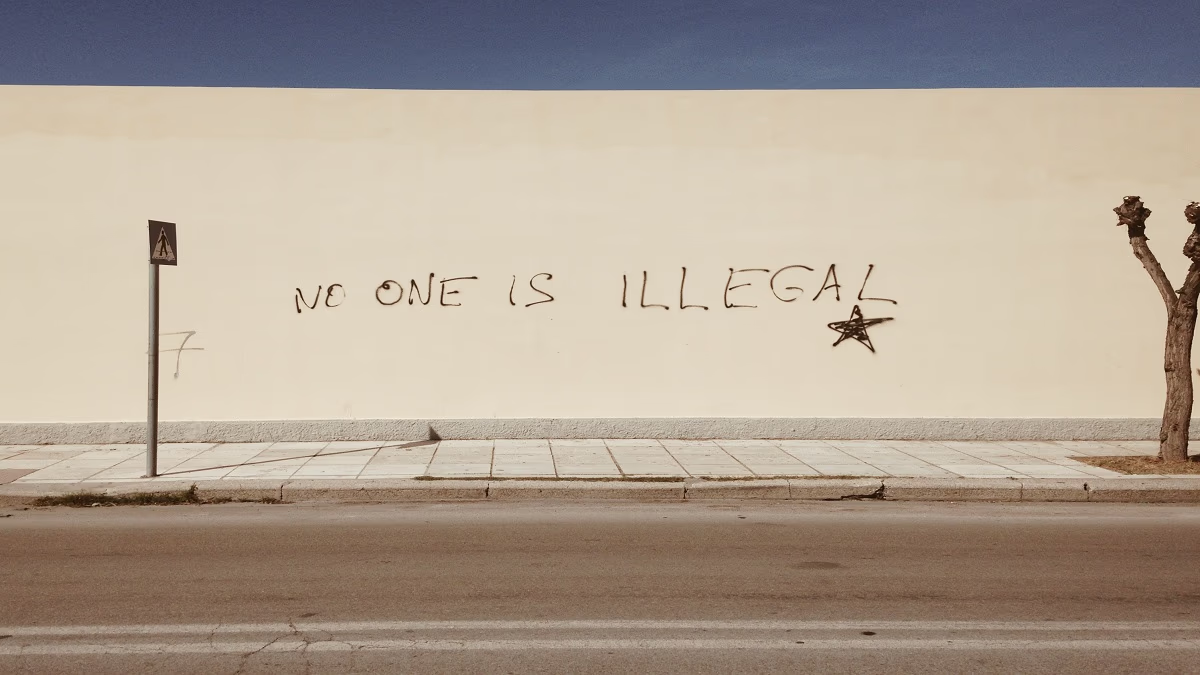
Source: aajtak
But why would America let you stay without reason?
There is sometimes a reason. Claims of threats back home, lack of support from the government, and testimonies to Americans through hired lawyers serve as potential bases for staying. When asked why he was deported, Jitendra laughs off the question, hiding his embarrassment.
What education level have you reached?
12th grade.
What do you do for a living?
Nothing. My brother went on a donkey trek. He sends money. I keep myself busy on the phone—an honest reply.
What were your plans once in America?
Working in a store, saving a few lakh.
Do you know any English?
No. I would have learned over there. Hey, it's like how you don't speak Haryanvi, but here we are, having a conversation.
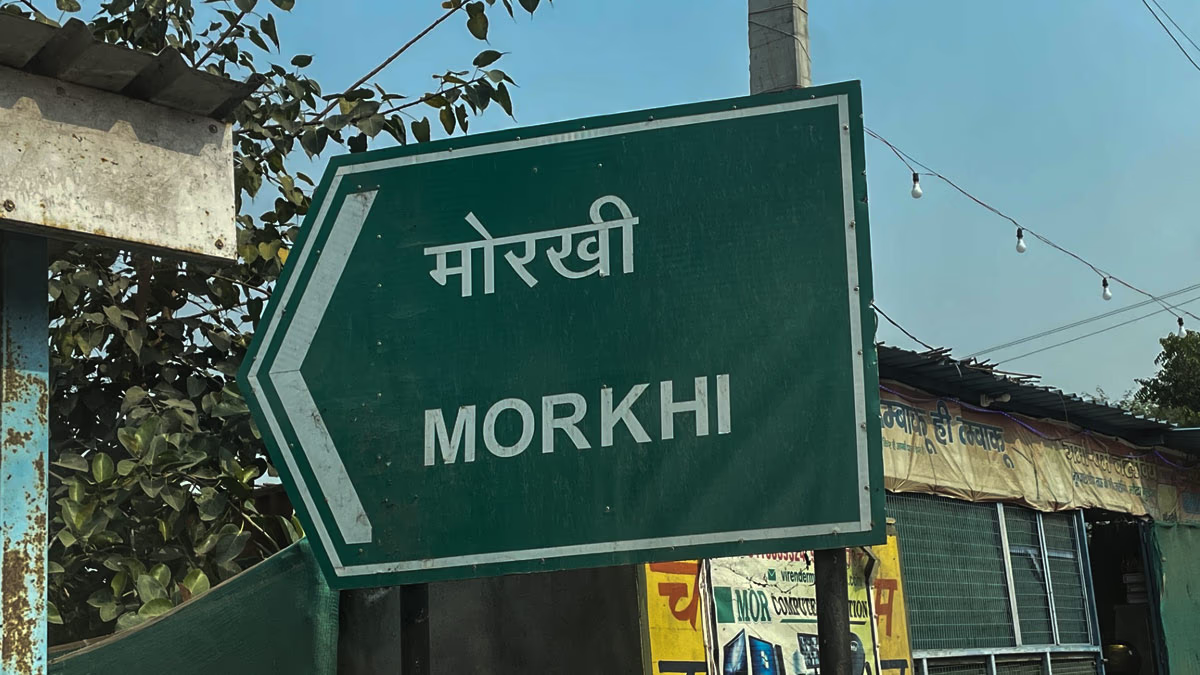
Source: aajtak
Jind’s heart beats with the Dream America fever. Locals, displaying the latest iPhone and expensive watches, affirm America's draw.
Communications repeatedly reference agents—the intermediaries who promise to fulfill boys' dreams for a fee.
They are not hard to find in any village.
You've not met one yet? No official would advertise illicit work. Laughing, my guide says, 'You've met intermediaries among those you've spoken with.' After some negotiation, they agree to an interview—provided I adhere to certain conditions.
1- Their identity remains shielded. 2- I do not press for repeated questions. 3- I do not label them agents...
The interview unfolds.
With you based in a Haryana village, how do you maintain connections all the way to America?
It's a career. Scouts remain informed. From Jind or Karnal, agents facilitate exits from Delhi. A separate agent in each country awaits the next step. An agent's duty ends at the American border wall. Past that, boys are alone, left to their luck.
Boys receive orientation—learning a few words from each language and essential phrases like 'greetings,' 'sorry,' and 'help.'
They familiarize themselves with local currencies, should they need to work.
Agents discourage shopping—exposure risks their operations. Should anyone need winter clothes or medicine, agents provide them. Agents conduct survival training.
What kind of training?
No staring or jeering at couples—America isn't Haryana. To build strength, they encourage exercise. Haryanvi bodies are already athletic.

Source: aajtak
How do people make contact?
Different WhatsApp groups manage the various roles. True names or faces are kept hidden. Your name? Silence...
Even in Delhi, immigration officers accept money to forge documents. We call them ladles, insiders willing to issue fake documents. Legal travel permits one destination—a tourist visa—not a full entry. Once there, the donkey route commences—boats, taxis, and untold pedestrian kilometers.
How long before children reach America?
It depends on their luck. Two months or perhaps longer if they face icy pitfalls or police chases? Mafia at each stop mandates stealth and patience. If danger arises, groups await lodging.
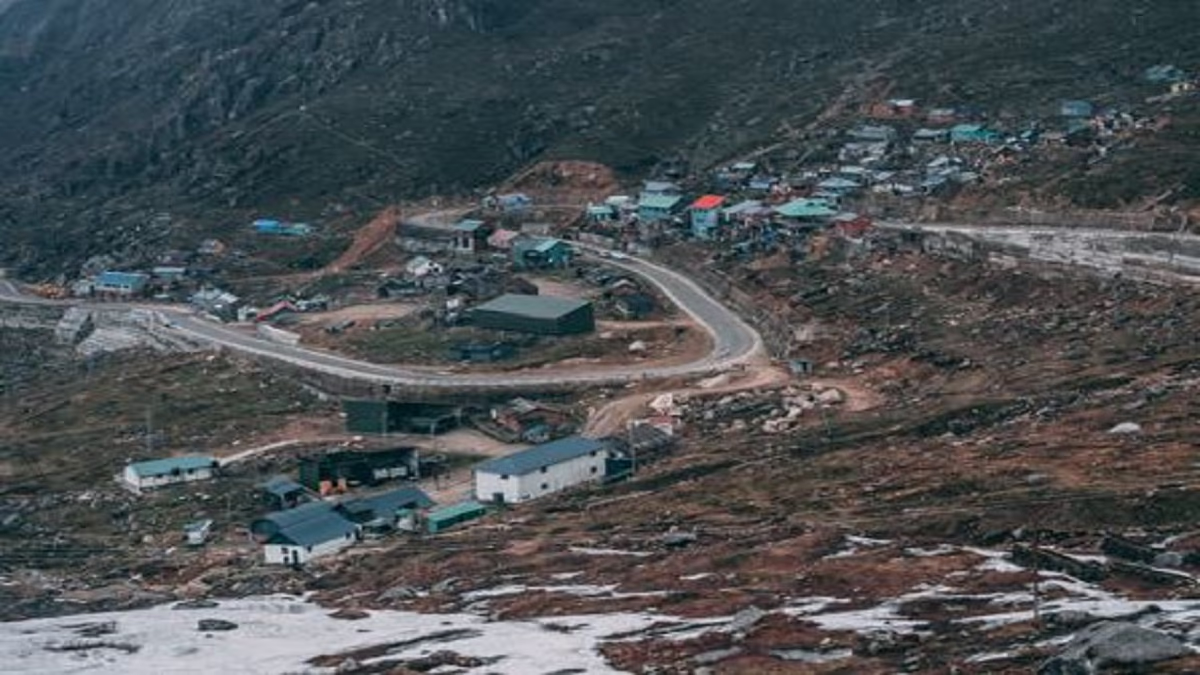
Source: aajtak
Without travel papers, how do they access hotels?
Borders host several hotels catering specifically to this trade. Small rooms house intruders with strict rules. Whether staying for days or months, they're prohibited from stepping outside.
Rooms slide with tiny windows, never to be opened. For budget constraints, dormitories house frugally-minded migrants. Less talk, the motto goes. Staff received stealth training. They maintain silence, privately paid.
If a hotel raid is anticipated, honorable and well-connected agents transfer occupants to a vacant warehouse. Most agents flee when things go awry, taking payments ahead of work with no identification to trace them.
Do agents face danger too?
Full of risks—but not the kind people presume. 3-4 million INR doesn't line their pockets. They funnel money across levels. Each destination's agent demands payment beforehand, and delays endanger kids. Parents often demand information from village brokers, concerned for their child's safety.
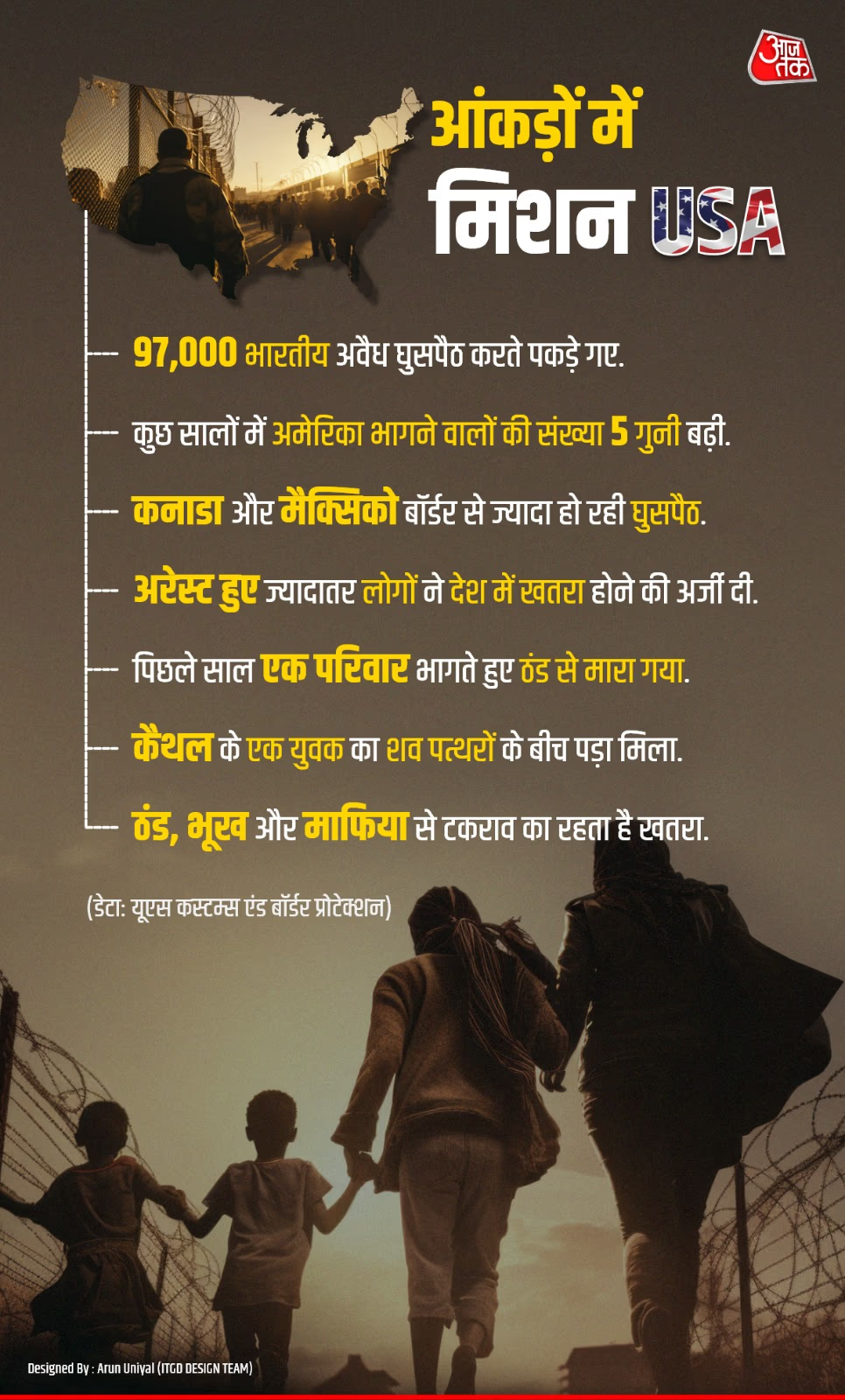
Source: aajtak
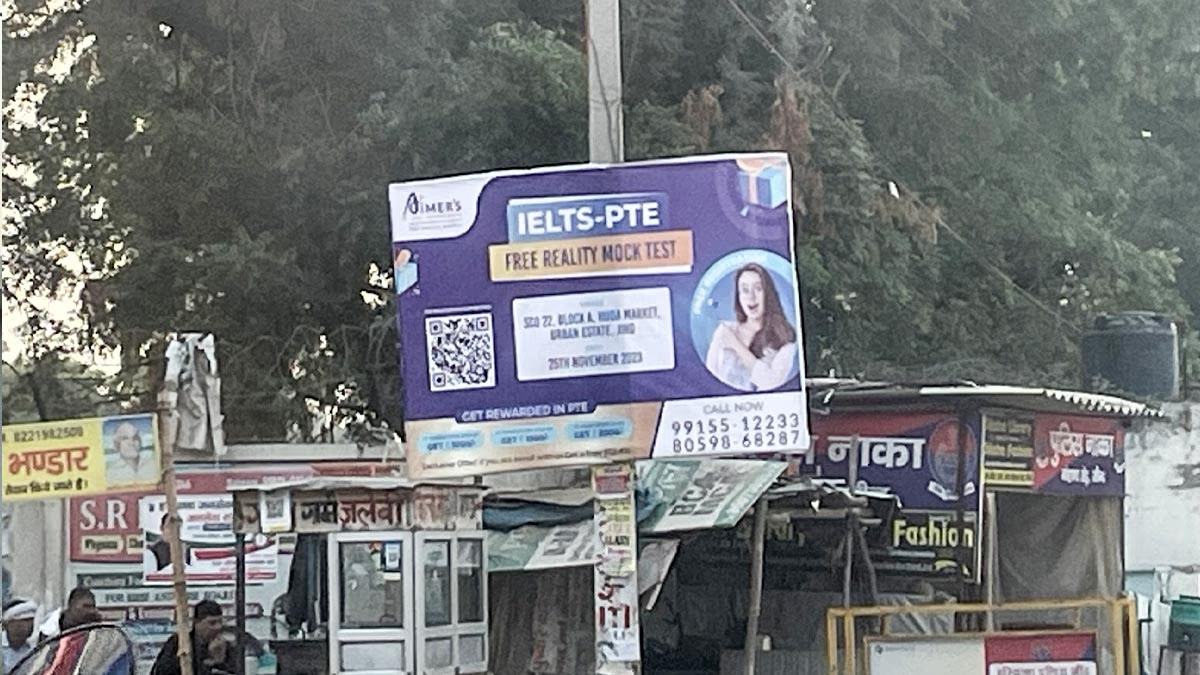
Source: aajtak
Regularly, calls at midnight wonder if their child has eaten—requesting to speak with them. Calls vary from imploring to threatening.
In conversation, it's evident that some return by the donkey route, losing hefty sums with no complaint to police, given the unlicensed journey. Agents collect in cash without assurances. If 4 million INR is needed, how many installments cover it? Three to six installments, the fees aligned with borders crossed.
Children undergo considerable danger?
Big dreams equate to hazardous paths. Crossing jungles or oceans is never simple. Opportunities require running by day or nightfall. They keep going, hearts hopeful that life improves if successful. Their leap of faith is akin to a gamble, with one chance to make it.
Even after tales of hunger, ice, and imprisonment, Haryana's youth remain undeterred by the donkey route's perils.
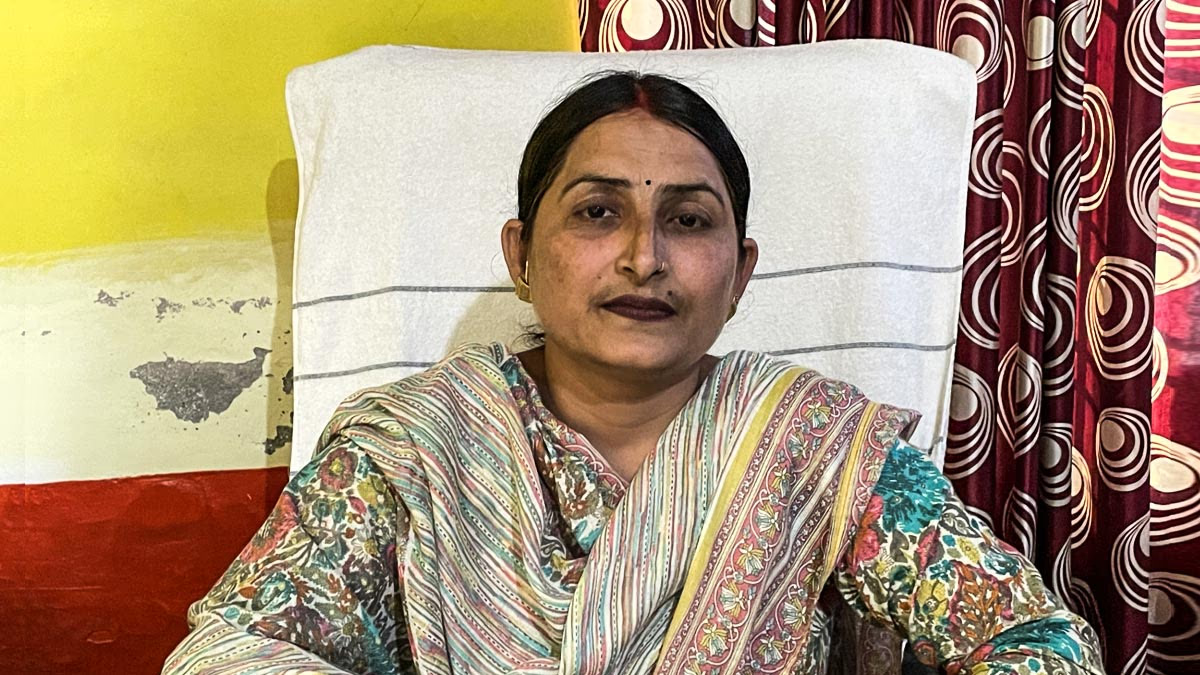
Source: aajtak
Everyone holds expanses of land, yet they finance this gamble by selling parts. A family's journey via the donkey route is a norm. Many kids abandon studies. Tagore Higher Secondary School, Jind, Principal Sulakshana claims that immediately after the 10th grade, boys abandon learning, knowing they can reach America without it. She laments the difficulty in inspiring academics since prosperity stems from alternative paths. After all, why strive when life rewards otherwise!
Their departure leaves behind elderly matriarchs, and no able-bodied men aged 18 to 50.
Recently, the son of an acquaintance contributed virtually to water rituals over video call at his parent's funeral. His papers incomplete, he remains stuck in America.
Principal Sulakshana repeatedly urges us—inform the government that Haryana faces vacuity. Aspirants no longer dream of military or medical careers—they prefer jobs at stores or fuel stations in America.
Mission America prevails throughout Jind—a cycle unmatched by even the most revered tiers.
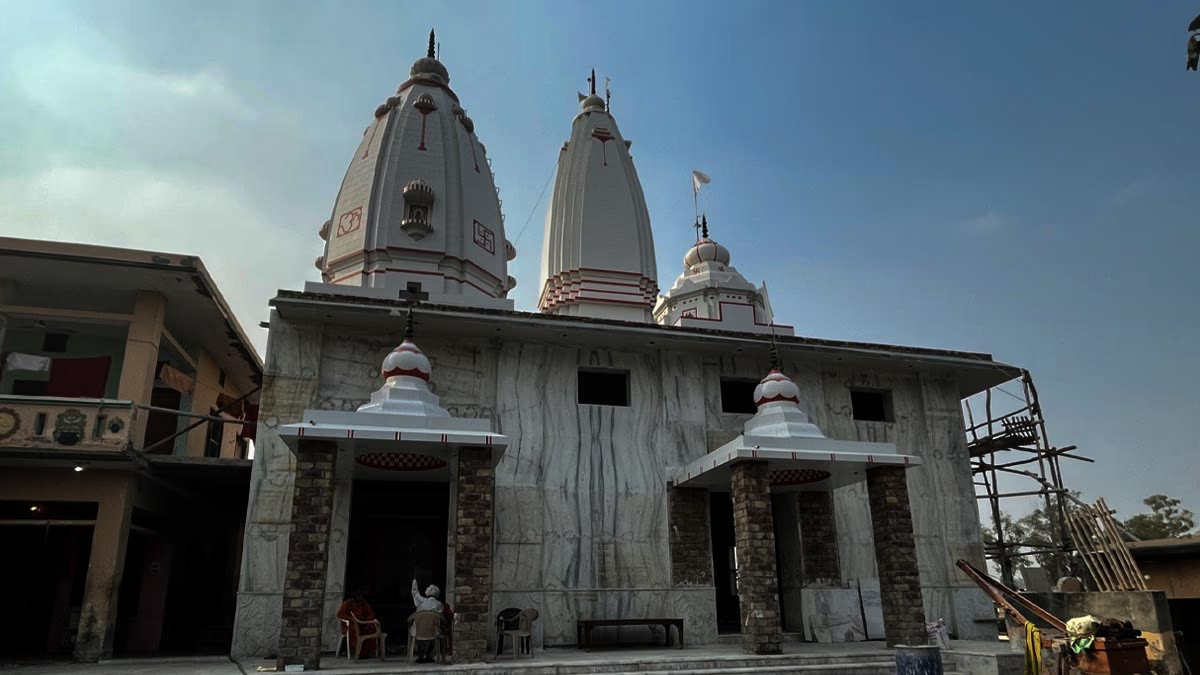
Source: aajtak
The temple of Tirath Dada in Morakshi, famed for granting wishes, suggests people pay 21 INR for initial requests, offering 100,000 INR upon reaching America, financing temple feasts.
When we arrived, an influx of boys awaited imminent departures to America. Our interactions dismissed, a senior teased, 'Snatching their dreams with photographs, are we, ma'am!'
